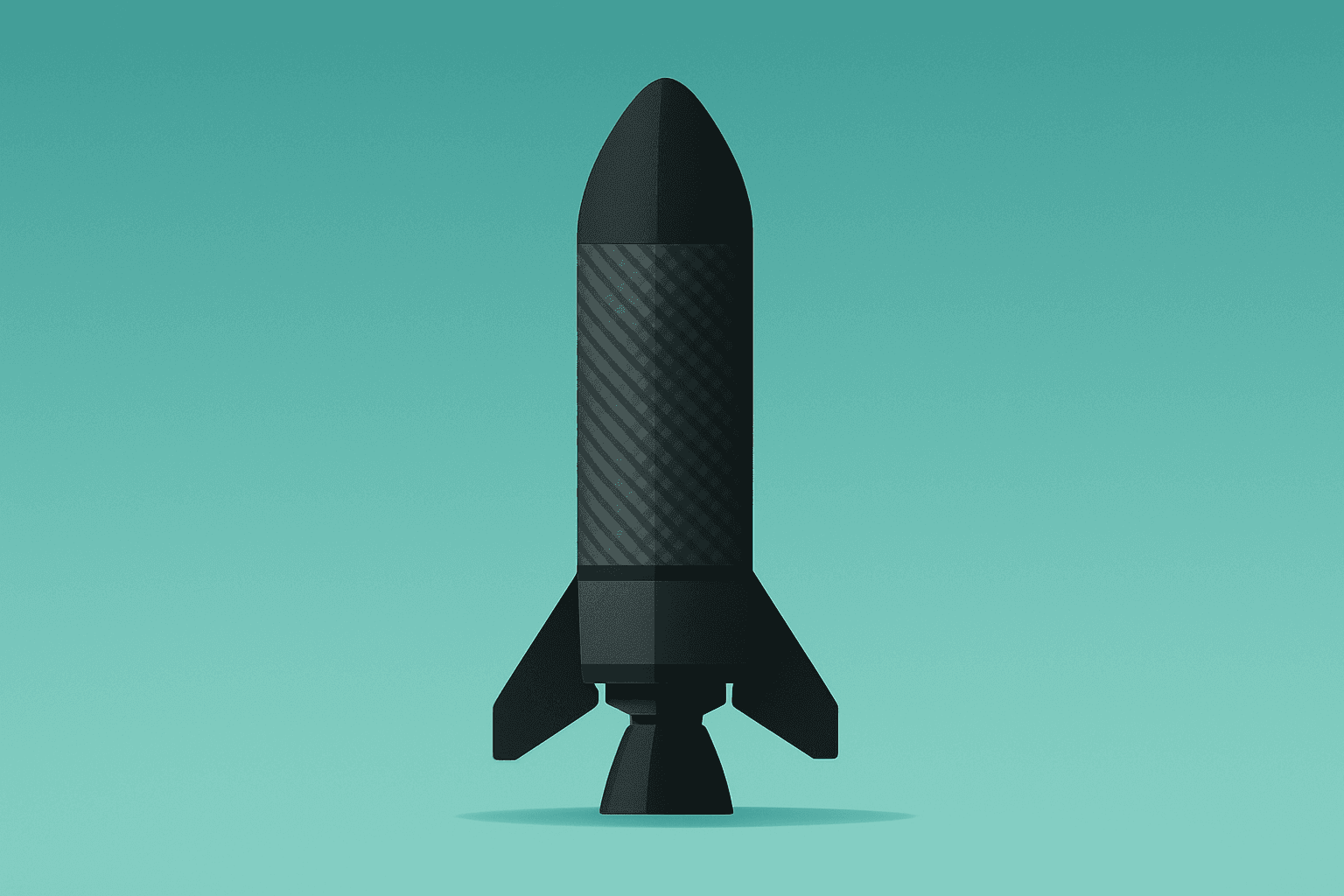Rocket Lab Q3 Revenue Hits Record; Neutron Delayed
Rocket Lab Q3 revenue hit $155 million with record 37% gross margin and a $1.1 billion backlog as Neutron slips to Q1 2026, prompting after-hours gains.

KEY TAKEAWAYS
- Reported record Q3 revenue of $155 million, up 48% year over year.
- Narrowed GAAP net loss to $18 million with a record 37% gross margin.
- Neutron maiden flight rescheduled to Q1 2026 to allow additional testing.
HIGH POTENTIAL TRADES SENT DIRECTLY TO YOUR INBOX
Add your email to receive our free daily newsletter. No spam, unsubscribe anytime.
Rocket Lab Corporation reported record Q3 2025 revenue on Nov. 10, narrowed its GAAP net loss, completed a strategic acquisition, and issued stronger Q4 guidance. Management postponed Neutron's maiden flight to Q1 2026 to allow additional testing.
Record Quarter, Backlog, and Strategic Acquisition
For the quarter ended Sept. 30, Rocket Lab posted revenue of $155 million, a 48% increase year over year, with a record GAAP gross margin of 37%. The GAAP net loss narrowed to $18 million from $52 million a year earlier, and GAAP earnings per share were −$0.03.
The company secured 17 Electron launch contracts in the quarter, setting a record for small launch vehicle contracts and pushing its launch-services backlog to $1.1 billion. Rocket Lab is on track to exceed its prior annual launch record, targeting more than 20 launches in 2025.
Rocket Lab completed the $325 million acquisition of Geost, which management linked to next-generation defense programs including Golden Dome and the Space Development Agency. The company guided for continued gross-margin improvement and strong growth in Q4.
After-hours trading rose between 3.8% and 8.3% across reported feeds.
Neutron Delay and Testing Progress
Management delayed Neutron’s maiden flight from Q4 2025 to Q1 2026 to conduct a more rigorous test program. CEO Peter Beck said, "We are putting Neutron through an even more extensive barrage of testing than we did Electron because it's not your kind of conventional rocket that we're developing."
Major structures are undergoing ground tests designed to exceed in-flight loads. Novel architecture elements in qualification include the Hungary Hippo fairing, a suspended second stage, and what management described as the world's largest flying carbon composite structure.
The vehicle’s Archimedes engines are specified to deliver about 1.5 million pounds of thrust. First-stage structures are designed for reusability, built to survive thermal and aerodynamic re-entry loads. The Neutron program plans to launch from Wallops Flight Facility’s Launch Complex 3 in Virginia and remains subject to standard FAA licensing and range safety review. No material regulatory impediments were disclosed.





